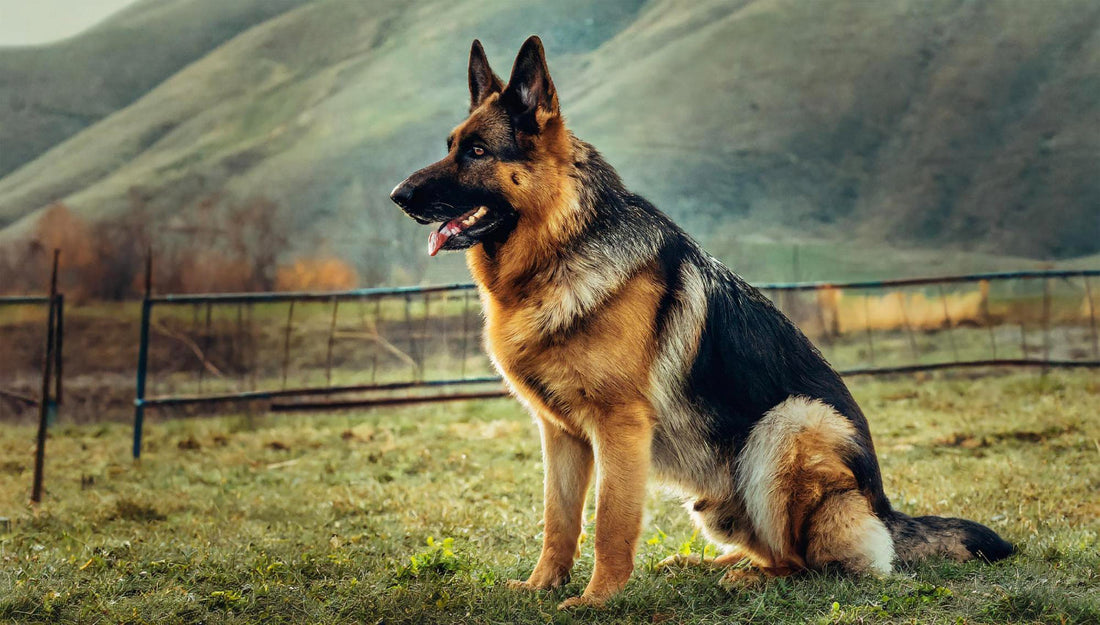Welcome to our ultimate guide on German Shepherds! Learn everything you need to know about these intelligent and loyal canines, from their history and origins to their temperament and care requirements. Get insights into training tips, health issues, and grooming essentials to ensure a happy and healthy bond with your German Shepherd. Discover the best food and exercise routines for this popular breed, as well as tips on socialization and behavior management. Whether you are a first-time owner or a longtime enthusiast, this comprehensive guide aims to provide all the essential information you need to become an expert on German Shepherds.

